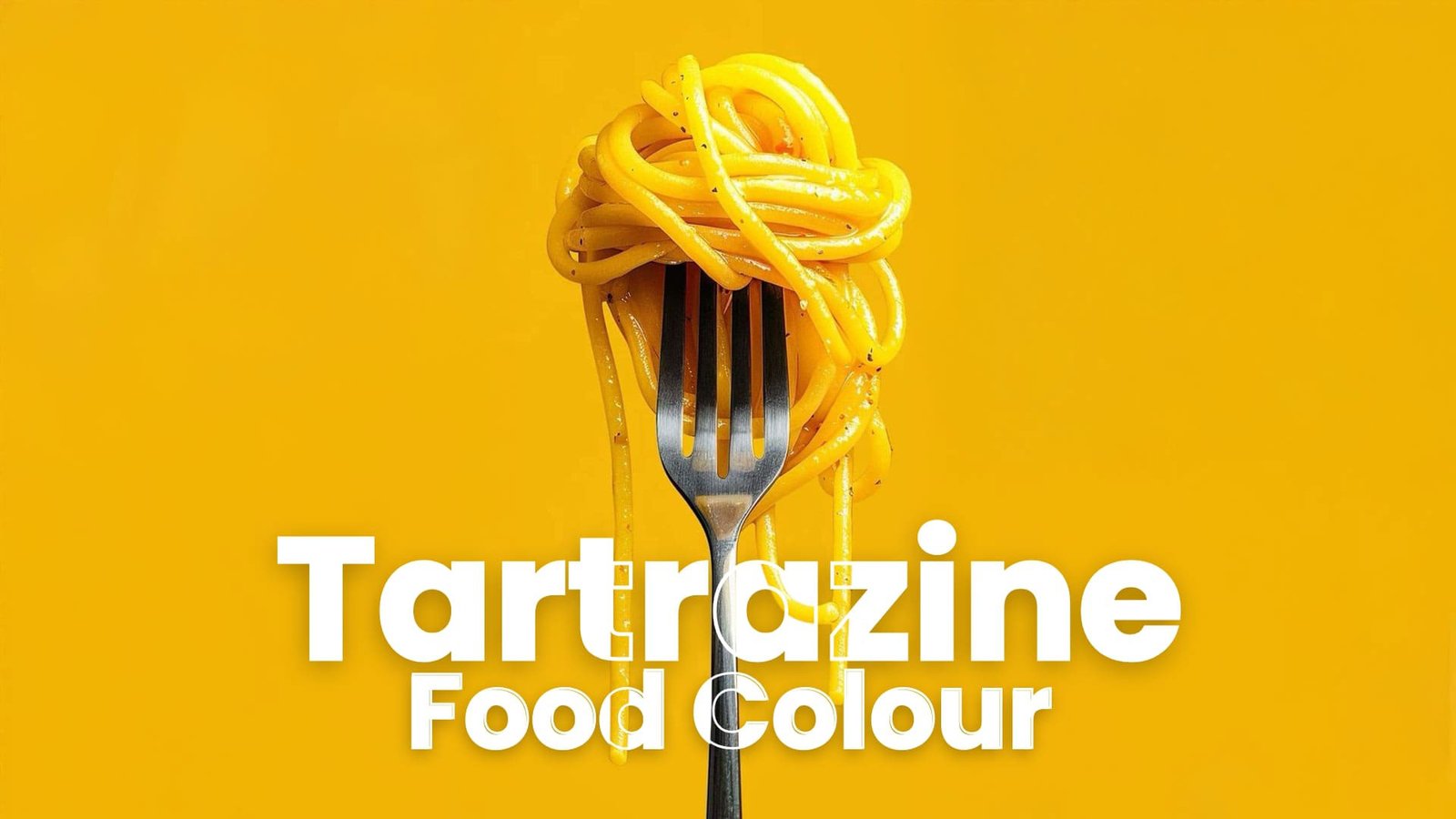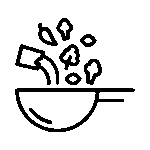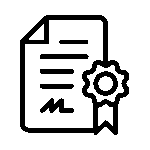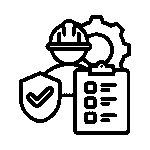Dubai Food Laws 2025: Is Tartrazine Banned in the UAE?

If you’re importing food or working with food colours in the UAE, especially in Dubai, it’s hard to ignore how quickly the regulations are tightening. Dubai’s 2025 food safety laws are all about raising the bar—cleaner labels, safer ingredients, and clearer declarations. And one ingredient that’s been getting a lot of attention lately? Tartrazine—also known as E102.
Now, there’s been a lot of talk around whether tartrazine is restricted in the UAE or not. Some people are even avoiding it altogether out of fear of getting shipments rejected. But here’s the truth: tartrazine come with strict rules on usage and labelling.
That said, synthetic food additives like tartrazine are definitely under the spotlight, especially as consumers start to look for healthier, more transparent options. As someone helping importers, dealers, and brand owners grow in the region, I’ve seen first-hand how important it is to understand what’s allowed, what’s restricted, and what alternatives make sense if you’re playing the long game.
In this blog, I’ll break down what you need to know about tartrazine regulations in the UAE, how Dubai handles food colour laws in 2025, and what options you have if you’re looking to switch to natural food colours or other UAE-approved colourants.
What is Tartrazine (E102)?
Tartrazine is a synthetic yellow dye, listed as E102. It’s used to give foods and other products a bright yellow colour. You’ll find it in soft drinks, sweets, custards, powdered mixes, flavoured rice, and even toothpaste and tablets. It’s one of the most widely used synthetic colours in the world.
So why is there so much talk around it?
While tartrazine is approved for use in many countries, including the UAE, it’s also one of the most closely watched. Some studies suggest it may cause allergic reactions in a small number of people — things like rashes, asthma symptoms, and hives. It’s also been linked to hyperactivity in children, especially when combined with other synthetic dyes.
That’s why Dubai food laws require clear labelling for any product containing E102, and specific warnings if it’s aimed at children.
In short: tartrazine is allowed, but only if you follow the rules.
Import and Labelling Requirements for Tartrazine in the UAE
So how do you stay within the law?
First, you must declare E102 on your label. You can’t hide it behind general terms like “colour added.” It has to say either Tartrazine or E102 in the ingredients list.
If your product is marketed to children, you’ll also need a warning that says:
“May have an adverse effect on activity and attention in children.”
That part is not optional. It’s required by the UAE’s labelling standards.
Next, make sure your additives are certified by recognised food safety authorities — like the FDA, EFSA, or your local body if it meets international standards. If you’re importing into Dubai, Dubai Municipality and UAE customs will likely ask for:

Ingredient Breakdown

Certificate of Analysis (COA)

Proof of Safety Clearance
Failing to provide these can lead to serious problems. We’ve seen shipments held at port, products returned to origin, or fines slapped on importers. And the last thing any business wants is a product recall in a new market.
So before you send out your next container, double-check your documents and labels. It saves time, money, and stress.
Why Tartrazine Is Still Common — and Why That Might Change
Even with all the scrutiny, tartrazine is still used by many food brands in the UAE. It’s cheap, stable, and gives products a strong yellow colour that lasts on the shelf.
But there’s a shift happening. More and more consumers — especially in the UAE, Saudi Arabia, and across the GCC — are reading labels and asking questions. Parents are more careful about what their kids eat. Retailers are asking for “clean label” products. And large buyers are putting pressure on suppliers to use safer ingredients.
This is where natural colour alternatives come inAlternatives to Tartrazine for the UAE Market
If you want to avoid the red tape, or just meet rising demand for cleaner ingredients, it may be time to explore natural yellow food colours.
Here are some common options:

1. Curcumin (E100)
Derived from turmeric. It gives a rich yellow colour and is often used in sauces, snacks, and drinks. Approved in the UAE and widely accepted.

2. Beta-Carotene (E160a)
Found in carrots and sweet potatoes. Offers a strong yellow-orange shade. Popular in dairy and beverage applications.

3. Saffron Extract
A premium choice. More expensive but adds a natural yellow with a strong identity. Used in high-end and health-focused products.

4. Annatto (E160b)
Natural dye from the achiote seed. Gives a yellow-to-orange tone. Common in cheese, spreads, and baked goods.
Synthetic but Compliant Options
If you’re not ready to go fully natural, there are safer synthetic food colours that can work as tartrazine substitutes — especially in industrial applications:

Sunset Yellow FCF (E110)
Offers a similar shade and is approved under UAE food safety laws, but it also requires proper labelling.

Blended Colours
Aurogenesis offers custom lake blends, oil-soluble, and water-soluble food colours tailored for different end uses.

Supra Food Colours
These are high-performance blends with better solubility, ideal for manufacturers needing stability under heat or light.
Switching to an alternative isn’t just about avoiding risk — it’s about adding value. Whether you want to meet Dubai’s growing demand for natural ingredients, avoid stricter labelling rules, or build a healthier brand image, there’s a tartrazine replacement that fits.
As a supplier or importer, offering both options — synthetic and natural — gives your buyers flexibility.
Market Trends: Shift Toward Natural Colours in the UAE
There’s a clear trend happening in the UAE food and beverage industry right now — and it’s moving fast. More brands, importers, and manufacturers are moving away from synthetic food colours like tartrazine (E102) and looking for natural alternatives that feel cleaner, safer, and more consumer-friendly.
Today’s shoppers, especially in Dubai’s urban market, are reading labels more closely than ever. They’re choosing products with natural ingredients, fewer additives, and no artificial dyes. This shift is part of the larger clean label movement that’s growing globally — and the UAE is keeping pace.
Although tartrazine restricted and regulated in the UAE, its reputation has taken a hit. Health concerns, especially around children and sensitive individuals, are pushing both retailers and importers to rethink what they put on shelves. We’re seeing this trend across product categories — from beverages and bakery to cosmetics and pharmaceuticals.
Big retailers and food service chains in Dubai are also taking note. Many now prefer suppliers that offer natural food colours, or at least E102 alternatives with proper certification and compliance. And with UAE authorities tightening labelling laws, it’s becoming easier for natural-colour products to stand out.
What This Means for Importers
If you’re exporting or distributing products into the UAE that still use tartrazine, now’s a good time to consider a shift. Whether it’s moving to curcumin, beta-carotene, or blended colours that meet Dubai food regulations, having a cleaner label could give your product a better edge in the market.
How Aurogenesis Helps Importers Stay Compliant
If you’re importing food, pharma, or cosmetic products into Dubai or the UAE, staying on top of ingredient regulations — especially around colour additives like tartrazine (E102) — is absolutely essential. And that’s where we come in.
At Aurogenesis, we’re not just a food colour manufacturer — we’re a long-term partner for importers who want peace of mind when it comes to compliance, documentation, and product safety.
You’ve probably heard the question: “Is tartrazine banned in the UAE?” The answer is no — but it is strictly controlled. And if you don’t have the right paperwork, labels, or certifications, your shipment can be delayed or even rejected.
That’s why we make it easy for our partners by offering:
In short: we make compliance simple. Whether you’re just starting out in the UAE market or scaling up your distribution, Aurogenesis is here to support you — with reliable colours, expert advice, and documentation you can trust.
Final Word: Stay Ahead by Staying Compliant
To wrap it up — tartrazine (E102) is restricted in the UAE, but it’s definitely not a free-for-all either. If you’re planning to import products into Dubai or the wider UAE, you’ll need to follow the rules closely.
That means proper labelling, E-number declarations, child safety warnings if needed, and clear documentation proving your product meets local and international food safety standards. Getting it wrong could lead to delays at customs, rejected shipments, or even fines.
The good news? Once you understand the local requirements, staying compliant is completely doable — and it actually gives you an edge. Buyers, retailers, and regulators in the UAE are all leaning towards transparency, cleaner ingredients, and safer food colour choices. Being compliant shows that your brand is serious, responsible, and ready to grow in this market.
Whether you choose to stick with tartrazine or move towards natural alternatives, staying informed is key. And if you need help finding the right colour solution — that’s where we come in.
Let’s keep your products moving, legally and confidently, across UAE borders.
Frequently Asked Questions:
Can you use Tartrazine (E102) in food products in the UAE?
Yes, Tartrazine (E102) is permitted for use in food products in the UAE under specific guidelines set by the Emirates Authority for Standardization and Metrology (ESMA). However, manufacturers must clearly label products containing Tartrazine, as it’s a synthetic yellow dye that may cause allergic reactions in sensitive individuals.
What is E102 food color and is it allowed in the UAE market?
E102, also known as Tartrazine, is a synthetic lemon yellow food dye widely used in the food and beverage industry. In the UAE, E102 is legally approved under regulated limits. Food manufacturers and importers are required to declare its presence on product labels in compliance with Gulf food safety standards.
What is the purpose of using E102 in food and beverages?
E102 (Tartrazine) is primarily used to add vibrant yellow coloring to food, drinks, and pharmaceutical products. It enhances visual appeal in items such as soft drinks, candies, chips, desserts, and tablets. Its consistent performance and brightness make it a popular choice among manufacturers worldwide.
Is Tartrazine a natural or synthetic food color?
Tartrazine is an artificial (synthetic) food dye made from petroleum-derived ingredients. Unlike natural colorants such as turmeric or beta-carotene, Tartrazine offers better stability and uniform coloring — which is why it’s commonly used in industrial food processing.
What is Tartrazine also called in the food industry?
Tartrazine is also known by its food additive code E102. It may also be referred to as FD&C Yellow No. 5 in the US market. These alternative names are used interchangeably on product labels, depending on the country and regulatory body.